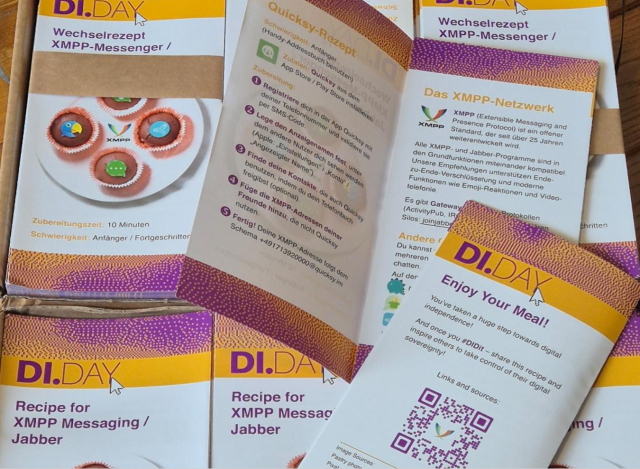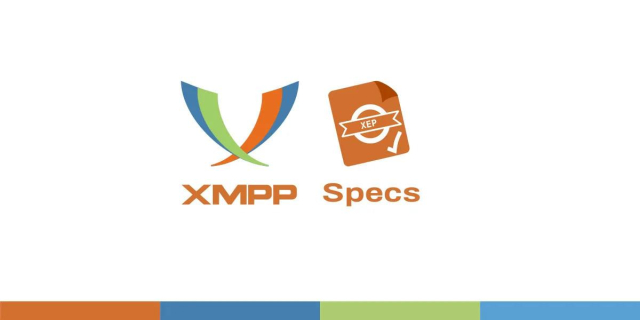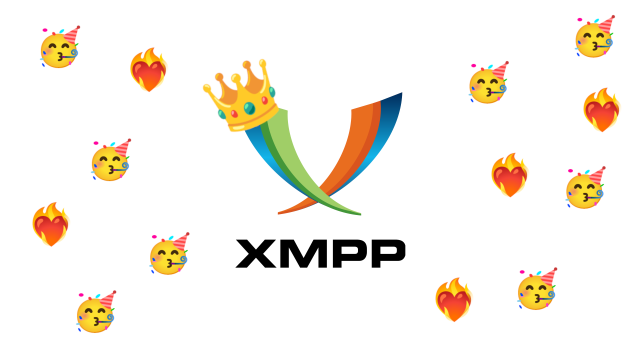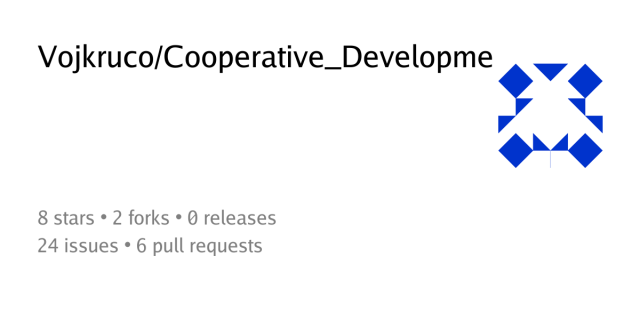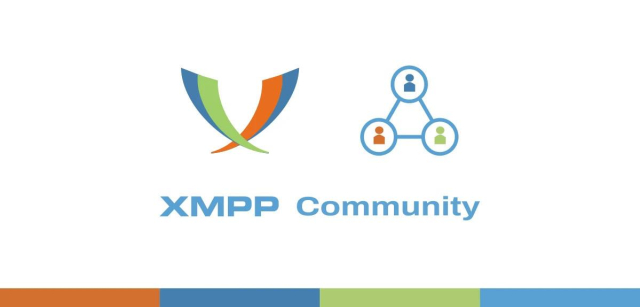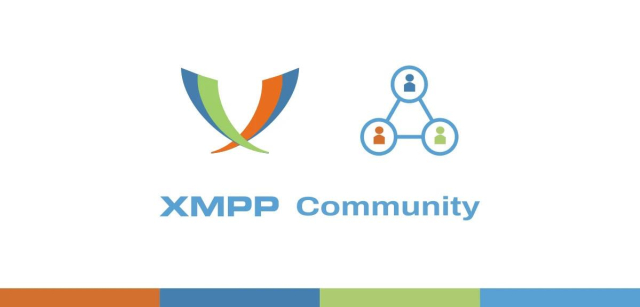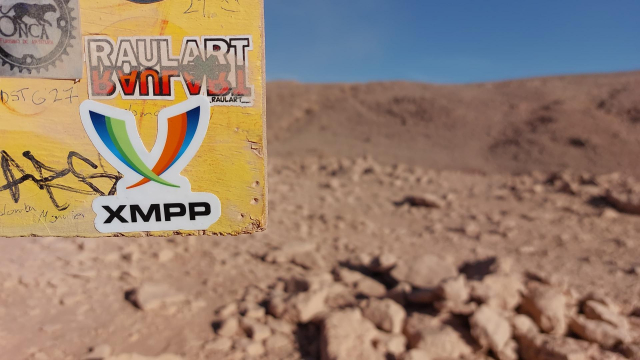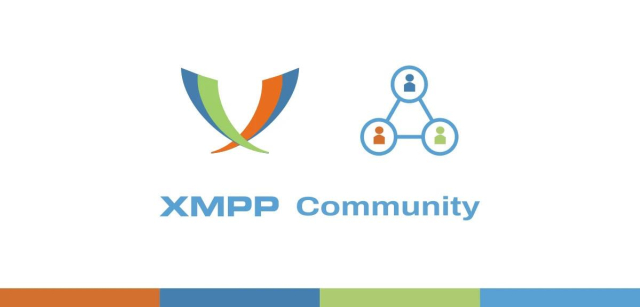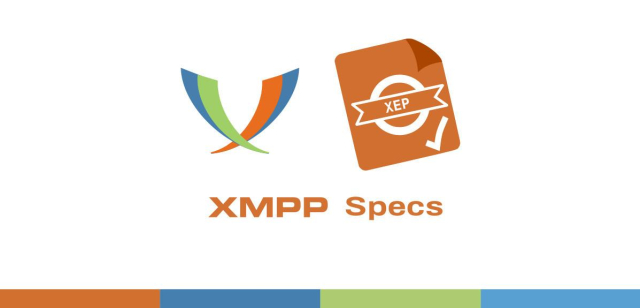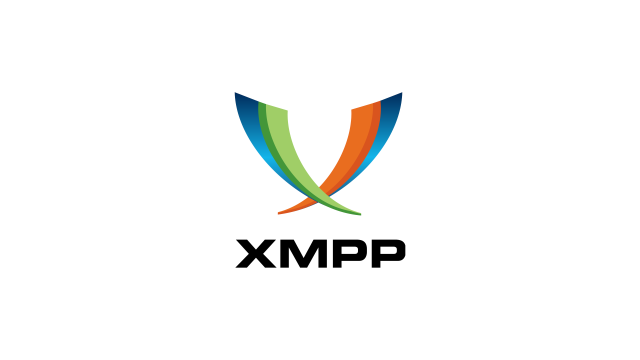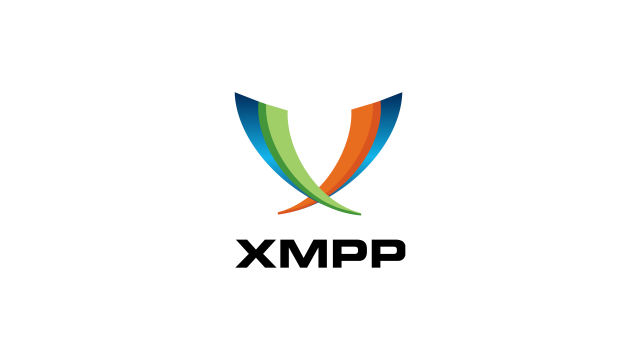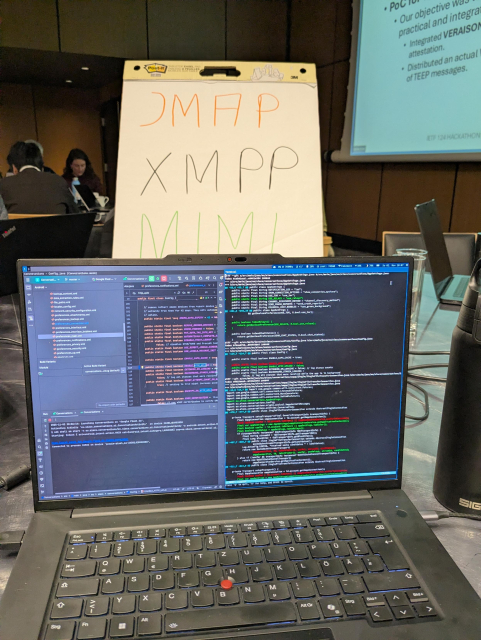Announcing Jabboratory, a partner collective of @joinjabber
Jabboratory aims to be for the people who already have an XMPP account and want to help improve XMPP and the Jabber network.
We use the same CoC as JoinJabber and all the same governance documents. All of them being by Vojkruco codeberg.org/Vojkruco/Cooperat… and we are hosted under the Vojkruco umbrella.
Some of the things we do are:
- specifications (called XCSPs in Jabboratory),
- developer help/documentation and implementation collaboration
- improve XMPP/Jabber network socially (safer spaces, blocklists, outreach, organizing events, pushing for a better non-tech culture, etc.)
or anything else that includes improving XMPP and Jabber network as a whole.
We aim for diversity of ideas, include people directly in all aspects of decision making (protocol, implementations, social, etc.) and build a space where people feel safe to talk, ask for help, bring up any kind of ideas and work with others to implement said ideas. By the community for the community with inclusive decision making to serve the people affected.
you are welcome to join our lounge room here -> invite.joinjabber.org/#lounge@…
It is strictly non-tech because we aim for inclusivity, but we do of course have other channels some of them being tech related🙂
We already have some implementations, servers, and XMPP collectives involved (including JoinJabber) and we are all building a better XMPP and Jabber network together 🙂
#xmpp #jabber #xml #SecureMessaging #decentralization #privacy #security #federated #jabboratory

